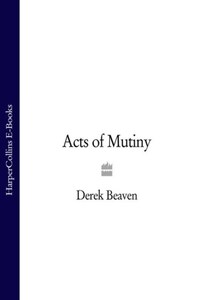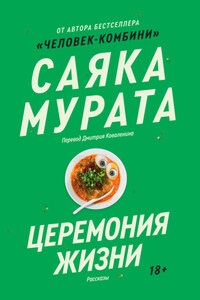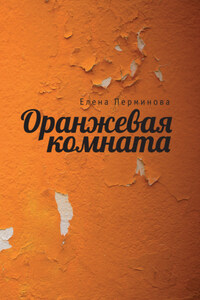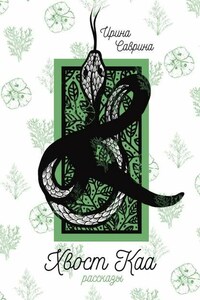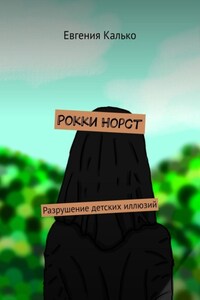I HAVE A knot in my tongue. Left over right, tuck under. Right over left, tuck under. The rabbit comes up through the hole. Or does the dog go round the tree for his bone? My child-knots forgot their creatures. I produced only poor knobs of string, for all my father’s detailed instruction. His prim exemplars shone from my bedroom wall, white cord on a mahogany panel: bowline, reef, clove hitch, carrick bend, sheepshank, figure of eight, Turk’s head, eye splice …
This morning we buried him over at Sidcup. There was a reception at his sister’s, a gathering of family, and of family ghosts. I choked on sandwiches, lacked conversation. Then I drove alone from Bostall Heath down towards the river edge, past Lesnes Abbey Woods, past Bostall Lane Infants – which still stands. To my roots, downstream of the City, downriver of the new Thames Barrier. Water folk, Navy folk, my family have been here for generations. I was the one who broke away. Since quitting the Navy I have worked at the airport, on the other side of the capital, in Immigration.
The street is unchanged. These are turn-of-the-century terraces, smoke grey, built by the Royal Arsenal Co-op. Nothing can shift or clean them. On our side the row heaves into a small rise, about twelve feet proud of the pavement – as if on the lift of a frozen wave. The house itself looks as it used to, the gate jammed not quite open, always to be dodged around. There is the same crumbling pebble-wound at eye level in the flight of sixteen concrete steps up to our front door. My father called them ‘the ladders’.
I see myself with my albatross eye. Just this afternoon. I am poised to go in, but turn towards the weather, snow clouds heaping up over the Isle of Dogs. Because I have not been a dutiful son; for years I never visited, and all the differences are reproaches. To the right is the vast Thamesmead estate, where once the road petered out. There was a green foot-bridge over the railway line. I would watch my father bicycling away to his plot, a vegetable sack slung across his brawny shoulder, growing smaller against the duns and sedges. In the distance, the Plumstead marshes rotted off level towards Barking Reach.
Over the opposite roofs, Canary Wharf tower: a designer biro stabbed up through the earth’s crust, scribbling on those sagging grey-bellies. The first snowflakes are already coming dark on the flurry.
From here we would have smelt London’s soot fallout, or, according to the swirl of the wind, the West India Docks, the arsenal’s chemicals, the mud at Galleons Point. Here in the dark of each new moon my father had us turn over our silver money for luck. Now it is too late. Delaying at the door, I find excuses. If I drove straight back across the City I could avoid the blizzard – even pick up the tail end of my shift at the airport. Or I could wait for Carla at her flat and try to talk things through. After all we had only just begun, she and I.
But I ought really to go in.
Entering the hallway is like being swallowed. As if through the second door along Pinocchio might actually find his old man, the naval artificer, still working by his lamp at some Marconi chassis, waiting, with the smoke wisping up from the solder. I do half expect that special smell, of burning dust and Fluxite, mingled with the leftover flavour of kippers. But it is empty, of course, and icy cold.
